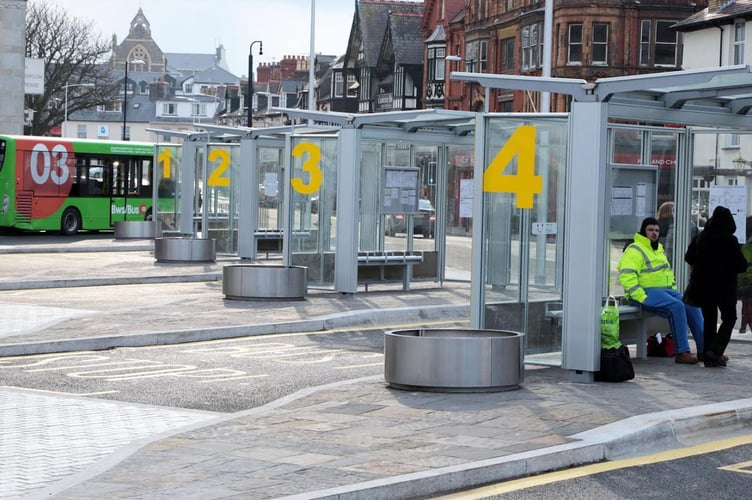The final touches are being put on a long-awaited bus services bill to reform the failed system of deregulation, Wales’ first minister told the Senedd.
Mark Drakeford said the bill will enable all levels of government to work with communities to design and deliver the services they need.
He assured MSs that the complex bill – which was withdrawn in 2020 due to a legislative logjam created by the pandemic – is now in its final stages of preparation.

Prof Drakeford said the plans will fundamentally change the landscape for bus services, and warned that the cost of the current system is inherently uncertain.
He told the chamber: “The future will be about subsidising routes, not individuals, so we will have a planned, agreed, stable and subsidised system of bus transport….
“We will be consulting the public, of course. We will be looking to see their views of those routes that are socially necessary – but not commercially viable.
“We will continue to invest the tens of millions of pounds that are put into the system today.”
‘Disastrous’
Huw Irranca-Davies, who represents Ogmore, said his constituents are frustrated by the lack of any real say over routes and timetables.
The Labour backbencher said: “When we had that disastrous – utterly disastrous – deregulation back in the 1980s, where the powers were stripped away from any democratic input … one place kept it and it was London.
“And, in London, the passenger numbers have gone up, the routes have been sustained, investment has been massive – everywhere else, it has fallen away.”
Mark Isherwood highlighted the barriers faced by disabled people when accessing services, raising concerns about inaccessible bus stations and transport touch screens.
The Conservative MS for North Wales said disabled people’s experiences should be embedded in plans for local services.
He cited the example of the Wrexham Gateway transport hub project, adding that Arriva was not consulted despite promotional material showing one of its buses.
Prof Drakeford agreed that the voice of service users, particularly disabled people, should be taken into account in the way in which services are designed and developed.
‘Detrimental’
Delyth Jewell said cuts to bus services in the valleys are having a hugely detrimental effect on people’s lives, warning about a lack of buses to the Grange University Hospital.
The Plaid Cymru MS, who represents South Wales East, told the chamber: “A constituent has written to me to complain that there is no direct bus from Caerphilly town.
“Their neighbour, who doesn't drive, has been having to visit his wife in the Grange for three weeks by getting buses, and they're having to catch two buses.
“The journey, apparently, can take more than an hour-and-a-half, which is the last thing anyone would want when they're visiting a sick loved one.
“It can't be right that the biggest town in the county has no direct access by bus to the main hospital. There are towns across the south-east that similarly have no bus route.”
Speaking during first minister’s questions on February 6, Prof Drakeford said a great deal of work has gone into creating new services to the Grange.
While he acknowledged the point, the first minister warned that any new service must be subsidised by the public purse because no commercial provider has stepped in.




Comments
This article has no comments yet. Be the first to leave a comment.